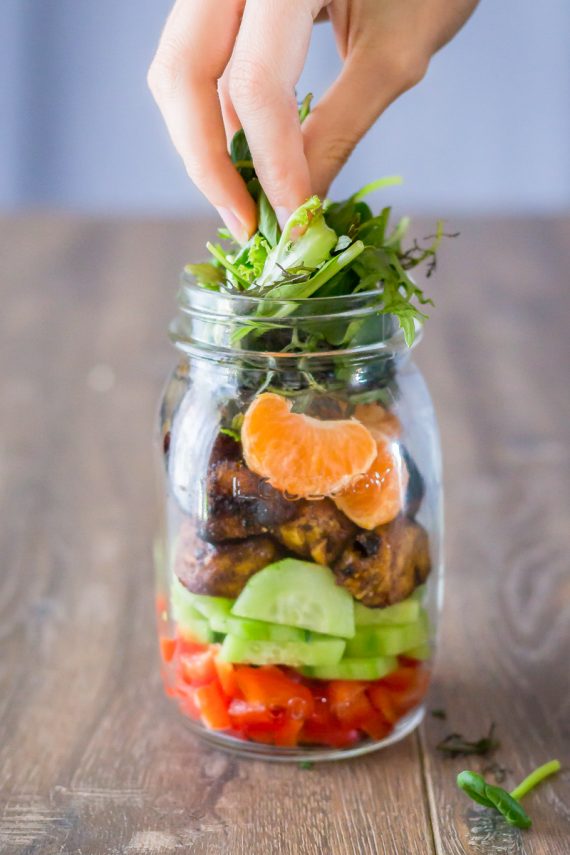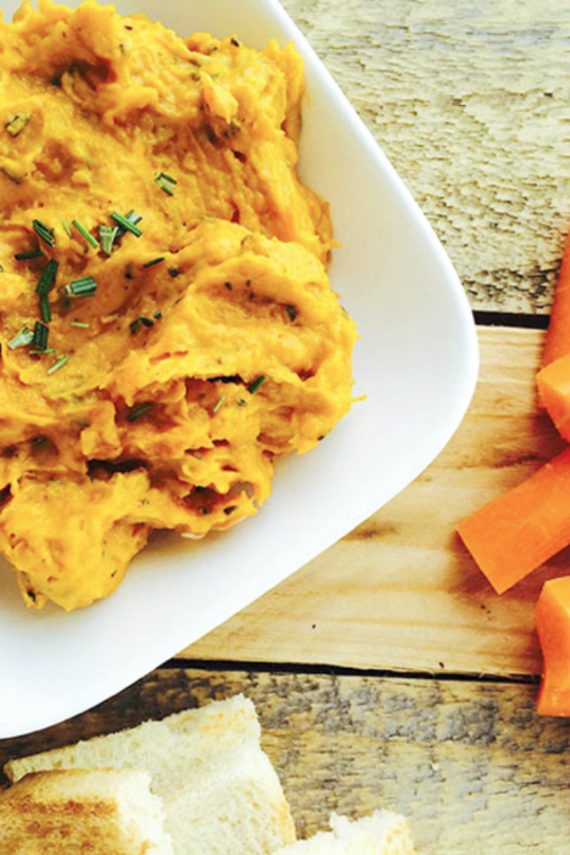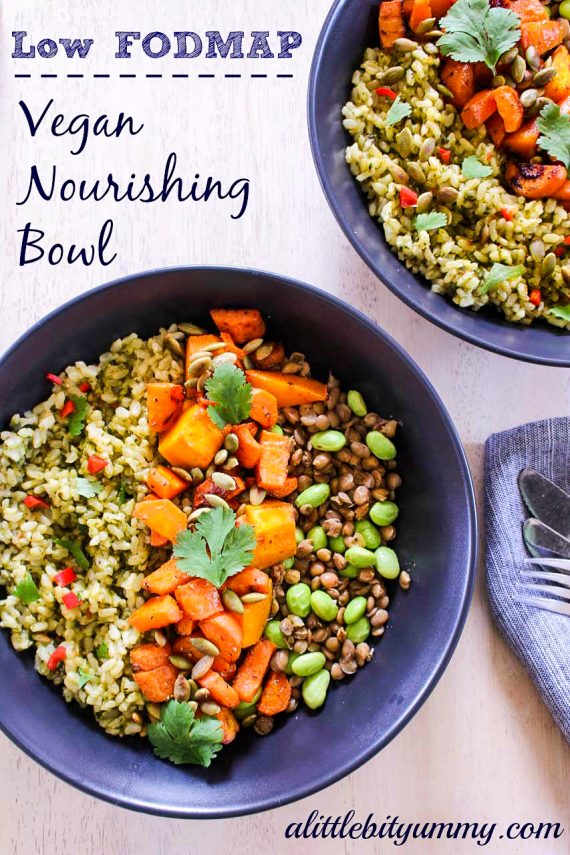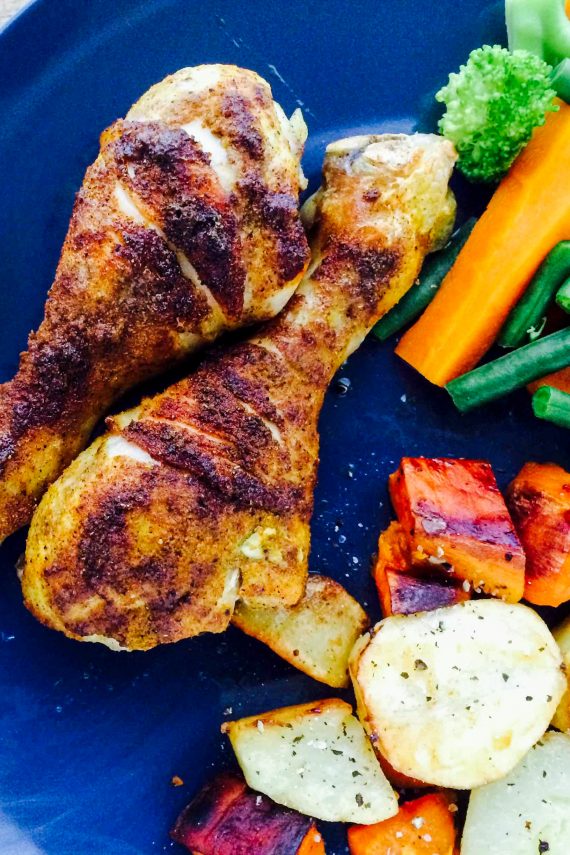Okay peeps. I know when you live with irritable intestines it can be easy to swear off ANY foods that you think are contributing to your flares. I get it. No one enjoys being crippled over with abdominal pain, flattening young children as you sprint to the loo or god forbid not being able to use the toilet facilities for days on end. That’s probably why you end up on the low FODMAP diet right? But demonising high FODMAP foods that trigger symptoms is an unhealthy behaviour that might derail your attempts to find your food freedom.
Not sure what I mean? That’s okay, let me explain.
Demonising High FODMAP Foods
Have you ever caught yourself explaining to someone that onion is the root of all evil or that wheat containing products are poison OR that milk products are bad? If you’re thinking like this then chances you are associating these foods (or food X, Y, Z that you are negatively talking about) as triggers for your gut symptoms.
It’s completely valid for some high FODMAP foods to make you feel uneasy. No one wants to eat something that causes them to feel unwell. So acknowledge that feeling, but try not to attach too much negative emotion to the foods themselves.
Why are high FODMAP foods important?
High FODMAP foods are actually healthy for our gut microbiome. They provide food for our healthy gut bacteria and help support long term health. Right now you might not be tolerating certain high FODMAP foods, but that doesn’t mean you won’t be able to enjoy them in the future or that they aren’t healthy for other people. Our FODMAP tolerance levels are continuously changing, so foods that trigger symptoms now, might not in the future. We also don’t want to encourage food anxiety, either for yourself or others, that might cause your/their diet to become over-restricted.
The Negativity Trap
Negative food thoughts can become a bit of a trap. If you get in the habit of thinking a high FODMAP food is ‘bad’, then when you go to challenge that food your negative association can make you feel stressed or heighten your anxiety. This extra stress can ironically trigger IBS symptoms, then you don’t know if it’s the food or the anxiety triggering symptoms.
Neutral Thoughts Are Key
When thinking about high FODMAP foods try and associate neutral thoughts with them. For example, ‘it’s okay if I can’t tolerate this food at the moment, because I might be able to bring it back in the future’ Or ‘this food is challenging for me but I can try it again soon’.
These can help you accept the fact that it’s alright if a food upsets your gut, but gives your brain time to acknowledge that you aren’t saying goodbye to the food forever. Just remember high FODMAP foods aren’t bad they are just better tolerated by some people.
True Story
I’ve been on an adapted FODMAP diet for a while now. When I first started the low FODMAP diet, I was really unwell with coeliac disease and my first three attempts at the FODMAP challenges were a disaster. Each time I tried to bring FODMAPs back I got really ill and for a while, I definitely thought onion was evil!
Are you ready to take control of your gut symptoms?
No thanks, my gut is perfect.
Article continues below
However, several years on I am much more conscious of my food thoughts, my coeliac disease is under control, and I am now able to enjoy small amounts of all FODMAP groups and can even eat a couple freely! I no longer think any food is evil, just that some days I tolerate certain foods better than others. This has really helped me embrace food challenges without feeling as anxious. I also know that I’ve been through worse symptoms before, so if a challenge triggers my gut I know the consequences will only last a day or two.
Final Thoughts
As you journey through the low FODMAP diet be mindful about what you think. Try and stay positive, or at the very least neutral, about your food choices and keep pushing to bring some high FODMAP foods back. We have lots of dietitian reviewed resources in our FODMAP Made Easy programme to help. Also, let us know if you need help finding a dietitian to support you.
Image credit: Shift Drive/Shutterstock.com











Thanks for writing about this, but this aspect of food sensitivities is what I struggle with the most. I work really hard to not say a food is “bad” or “good” but – “I can only eat a little of that at a time” or “I don’t have a reaction when I eat this.” It’s hard and some days I am really mad at onions!!!! It’s hard work to be open to eating foods that have affected me badly in the past, or to not examine what I’m eating closely to avoid, say, onions. But I’m working on it and I appreciate you saying that you’ve worked on it too!